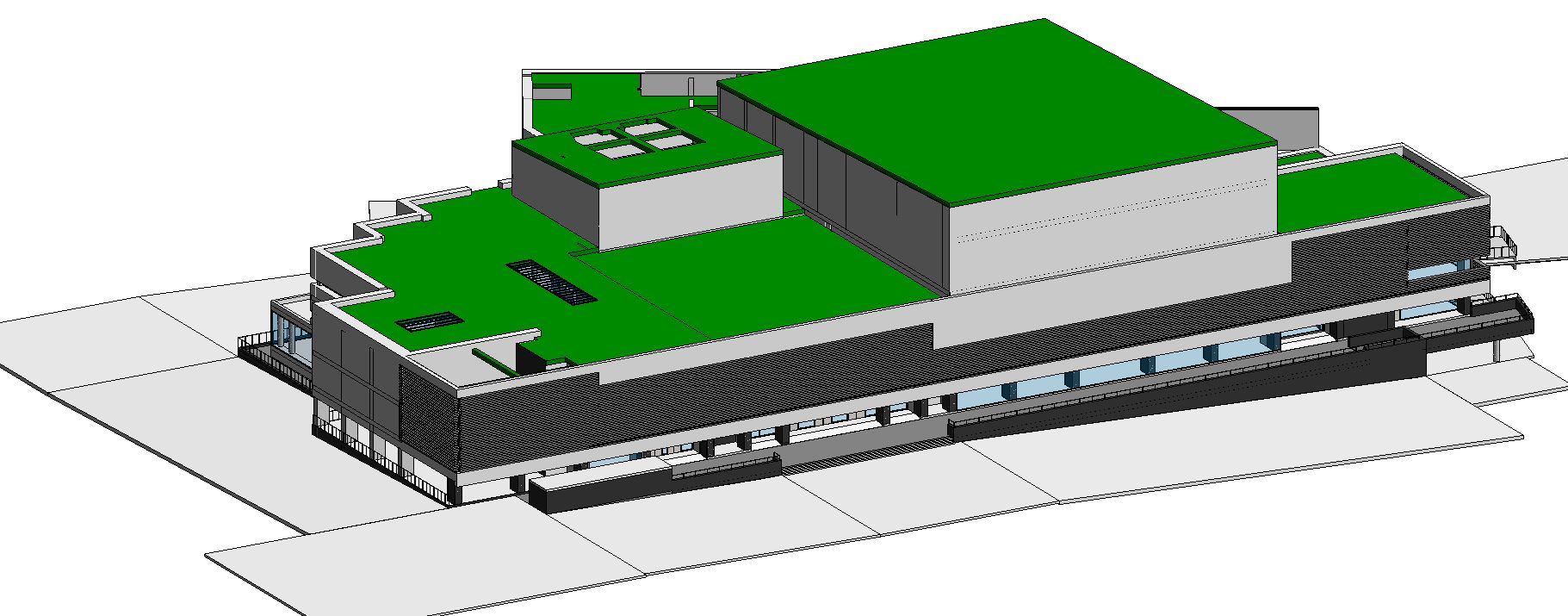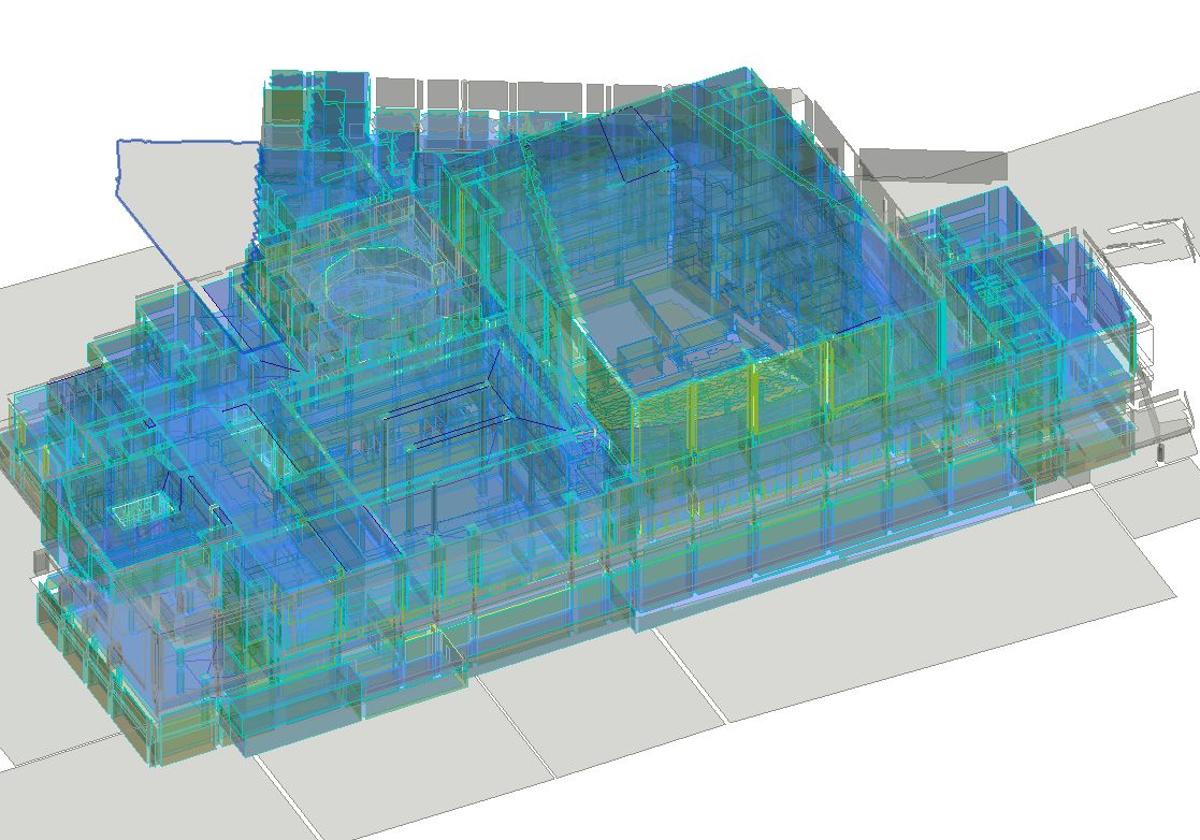The ADDA as an AI Laboratory to 'Clean' Concert Halls
Cenid investigates how to optimise the environmental quality of these enclosed spaces
José Vicente Pérez Pardo
Alicante
Wednesday, 30 April 2025, 11:50
The Digital Intelligence Centre (Cenid) in the province of Alicante has launched an innovative project exploring how Artificial Intelligence can help improve environmental conditions in cultural spaces. On this occasion, the Alicante Provincial Auditorium (ADDA) becomes the study laboratory for pioneering research in controlling temperature, humidity, and CO₂ levels in concert halls. The project, led by university professor Antonio Galiano, an expert in BIM and building behaviour simulation, aims to advance energy efficiency and enhance the interior comfort of such spaces.
This initiative stems from a very specific need: to ensure optimal conditions for tuning musical instruments and the audience's experience. The study goes beyond improving thermal comfort, addressing the challenge of intelligently adapting the environment to the acoustic and environmental health requirements of a concert hall.
The research project is structured in several interconnected phases with progressive application over time. The first step will involve creating a digital twin of the ADDA, developed with specialised software DesignBuilder and EnergyPlus, which will allow generating a virtual replica of the physical space capable of simulating future scenarios, anticipating incidents, and proactively and sustainably adjusting the building's climate system. In a second stage, autonomous sensors for temperature, humidity, and CO2 will be incorporated into the building for detailed monitoring of environmental variables, as well as visitor flow, to generate a realistic environmental behaviour pattern.

Once the information is collected, the next phase will focus on validating the virtual model by verifying that the digital replica matches the building's real behaviour. The final step of the study will involve integrating the artificial intelligence agent to equip the system with the ability to learn, adapt to environmental changes, and make decisions that ensure optimal environmental balance for the proper development of musical activities. The study will be presented in various reports for analysing the generated simulations, the model's predictive capacity, and operational recommendations based on data interpretation.
This initiative demonstrates how technology can have a tangible impact on cultural management, not only from an energy perspective but also in enhancing artistic quality and the well-being of those who use these spaces.




